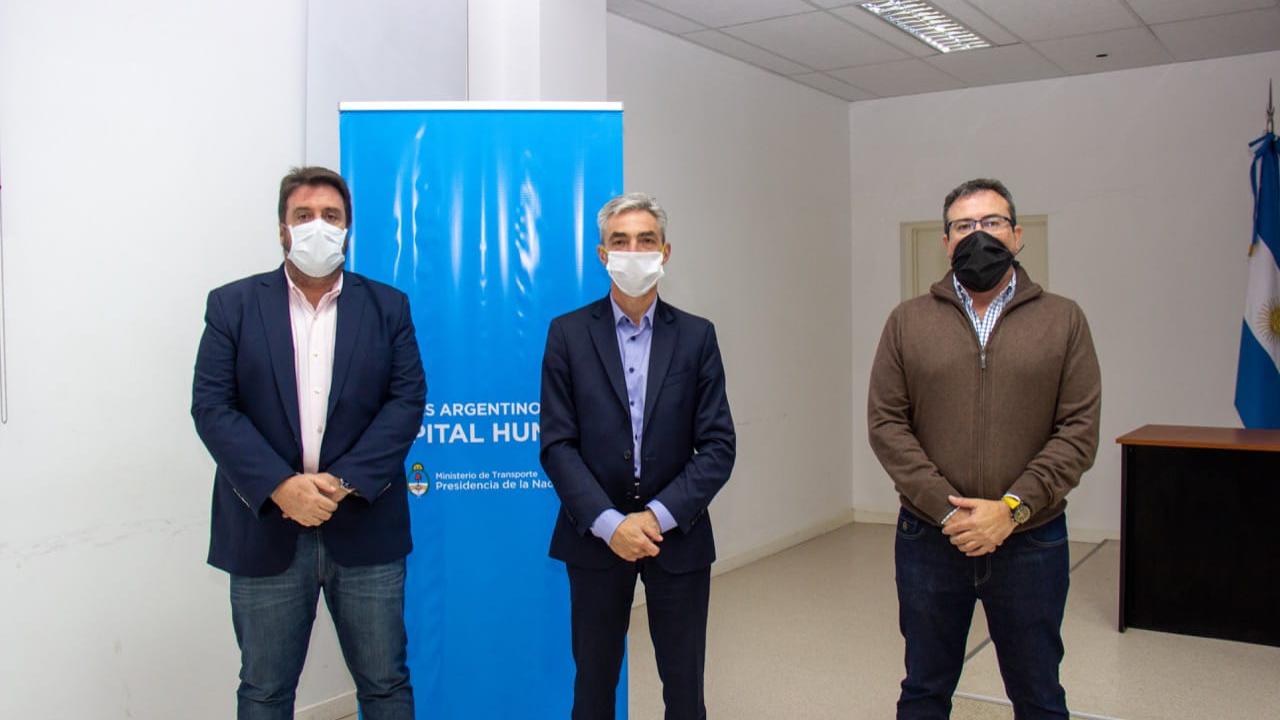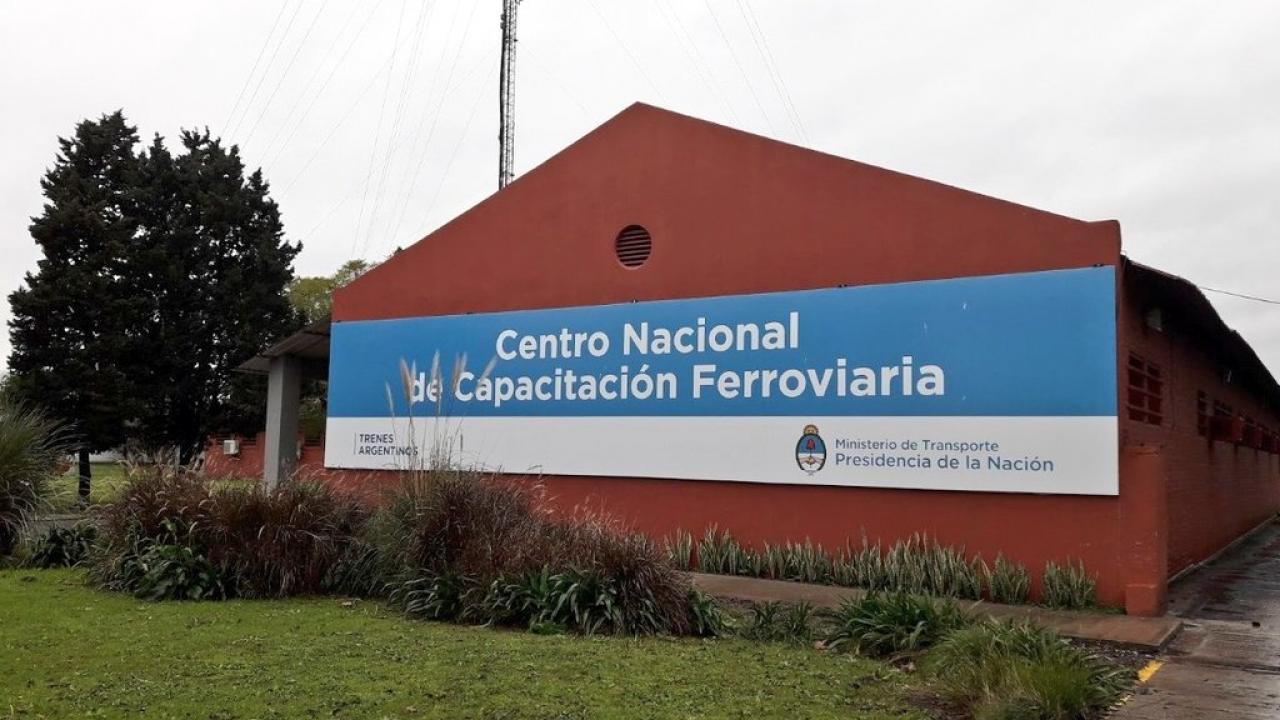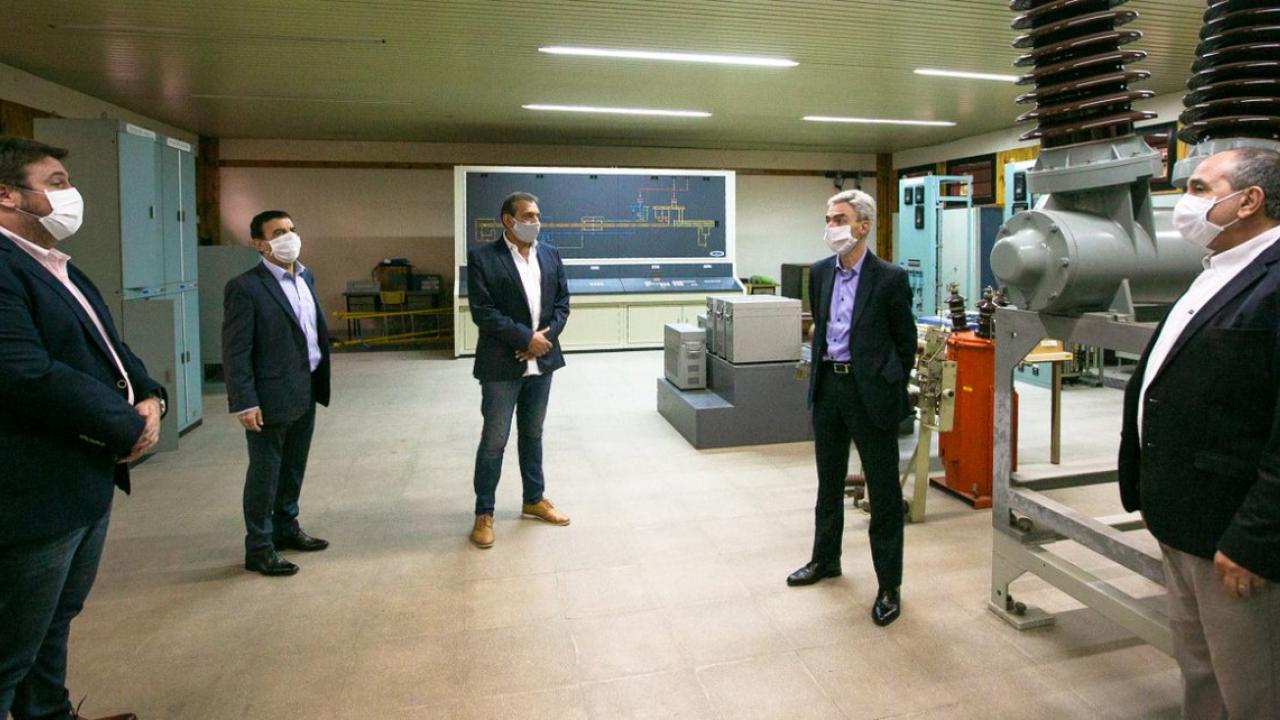Monday, May 11, 2020
Argentina’s Minister of Transport visits CENACAF
Argentina’s Minister of Transport, Mario Meoni, recently visited the facilities of the National Railway Training Centre (CENACAF) in Temperley (in the Province of Buenos Aires). There he toured the facilities accompanied by the Secretary of Transport Management, Walter Saieg; Damián Contreras, President of DECAHF; Daniel Vispo, President of Belgrano Cargas; Martin Gainza, Vice President of Belgrano Cargas; and Ricardo Gingras, Manager of CENACAF. The visit took place to mark the presentation of the Virtual Training platform developed by the company, within the framework of the health emergency affecting the different countries around the world.
The National Railway Training Centre was created in 1985 as a result of the technical cooperation agreement signed between the governments of Argentina and Japan, with the aim of generating the transfer of new technologies and management of technical knowledge for the Argentine railway system. For more than 35 years, its activity has been a key element in the training of railway personnel. In 2014, the centre took a great leap forward in terms of technological innovation, developing one of the most complete railway driving simulation systems in the world to date.
The minister’s tour began precisely in this simulator room, where he was able to experience first-hand how train drivers receive their day-to-day training. More specifically, the equipment provides them with three actual replica CSR and CNR driving stations, four instructor stations, eight compact training stations and two observation stations.
The minister expressed his delight at being able to spend some time where each of the railway workers carries out their daily training and sent an important message to the country: “We need to continue training more people. The pandemic has demonstrated that we need more trained and qualified railway personnel.” He also expressed his confidence that the state-of-the-art technology would make it possible to continue increasing the training of railway personnel and face this unexpected situation that would put the strength of any system to the test.
In addition to the physical technology classrooms, Trenes Argentinos already has a virtual campus that has just become operational and where training courses will be held for staff from Trenes Argentinos Freight, Operations and Infrastructure. In this way, the company seeks to adequately complement the theoretical-practical training that they normally give in face-to-face classrooms, with training appropriate to the circumstances.
Adverse situations undoubtedly offer opportunities for improvement in many areas, including training. There is no question that properly taking advantage of and managing the new technologies available for simulation, and training in general, will enable us to guarantee success in any circumstances in which we may find ourselves in the years ahead.



